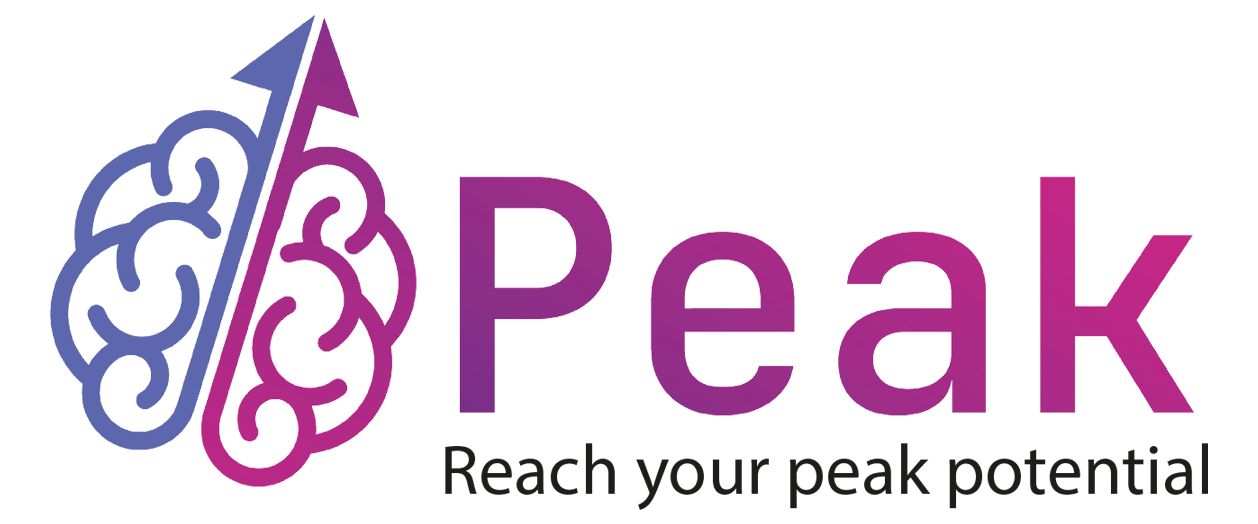In the highly competitive world of sports, athletes are continually looking for ways to push their limits and gain a mental edge. Neurofeedback, a cutting-edge brain training tool, is helping athletes optimize their focus, regulate their emotions, and enhance overall cognitive performance. In this post, we’ll explore how neurofeedback can help athletes unlock their potential, highlighting some notable sports figures who have embraced this powerful technique.
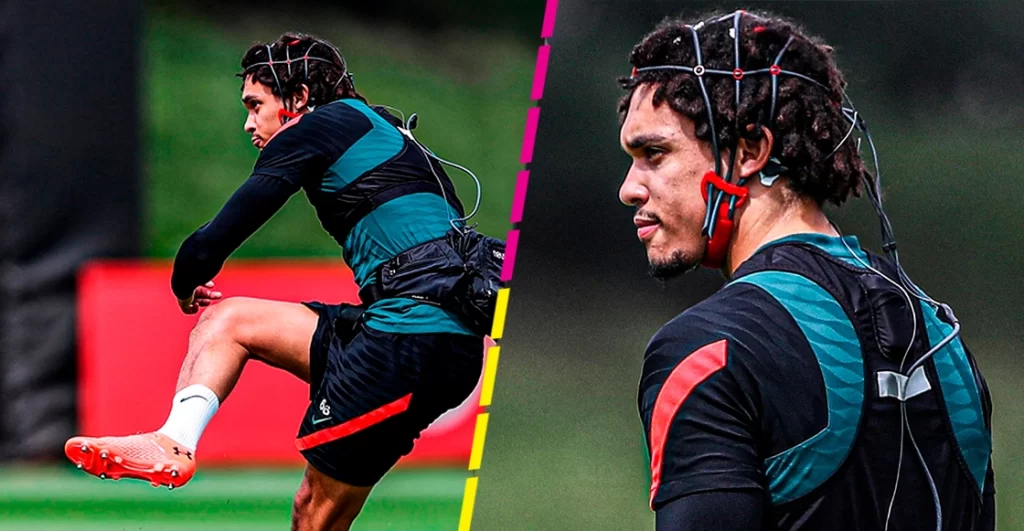
What Is Neurofeedback?
Neurofeedback, also known as EEG biofeedback, is a form of training that monitors brainwave activity and provides real-time feedback to users. This allows athletes to fine-tune their brainwave patterns, leading to improvements in focus, mental clarity, and emotional regulation. By learning how to manage these aspects, athletes can improve their performance during high-stakes moments in competition.
The Scientific Basis of Neurofeedback in Sports
1. Focus and Concentration
Neurofeedback helps athletes train their brains to maintain focus during crucial moments.
For example, Mo Salah, the world-renowned football player for Liverpool FC, has integrated neurofeedback into his training to enhance his concentration on the field, particularly during set-piece plays
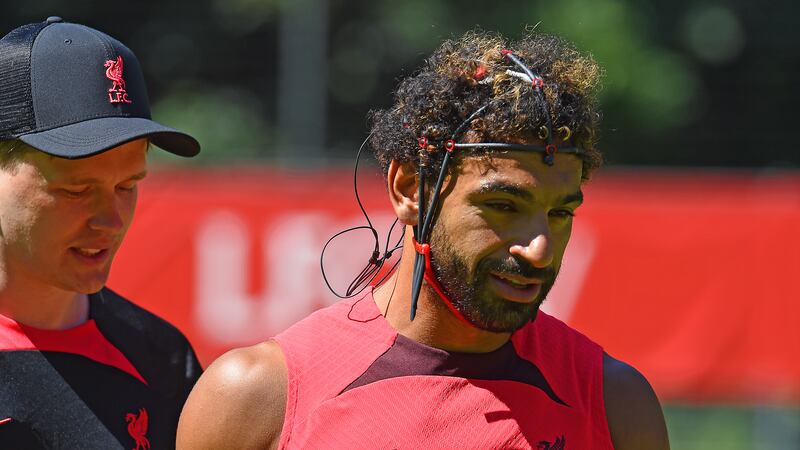
2. Stress Reduction and Emotional Control
Competitive sports come with immense pressure, and neurofeedback helps athletes regulate their emotional responses to maintain composure under stress. The video highlights how neurofeedback aids athletes like Kirk Cousins, the NFL quarterback, who uses it to maintain calmness under pressure and make better decisions during critical moments
3.Improved Reaction Time
Reaction time is critical in high-speed sports. Lewis Hamilton, the seven-time Formula 1 World Champion, has employed Neurofeedback techniques to train his brain for rapid responses during races. This helps him stay mentally sharp and make split-second decisions
on the track

Real-World Success Stories
1. Olympians Using Neurofeedback
Neurofeedback has become part of the training regimens for many Olympic athletes. For instance, Olympic archers, like the Dutch Olympic Archery Team 2024, have used neurofeedback to train their minds for better focus and control during competitions. Studies have shown how neurofeedback improves their mental resilience and boosts performance.
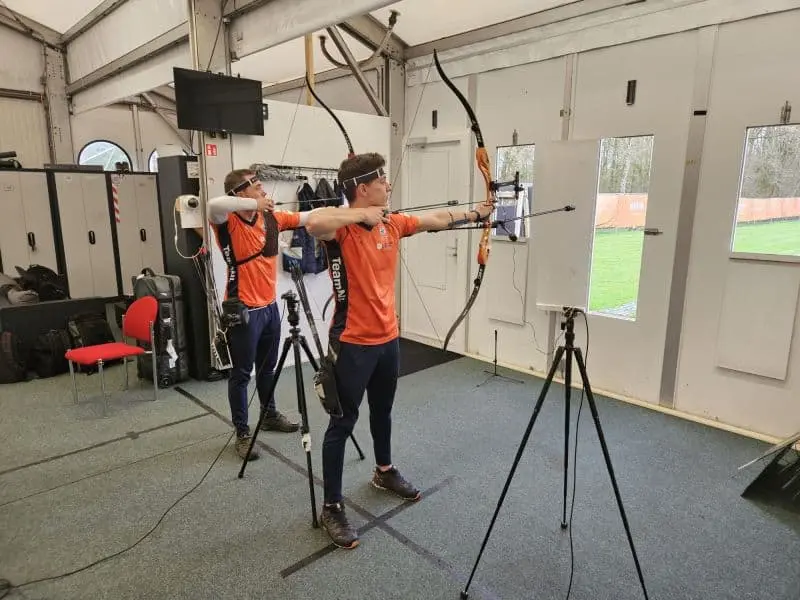
2. Football Players and Peak Performance
Neurofeedback has also found its place in football, with teams like Liverpool FC integrating it into their players’ mental conditioning training programs. Mo Salah’s mental sharpness and ability to stay focused during critical game moments have been attributed, in part, to Neurofeedback

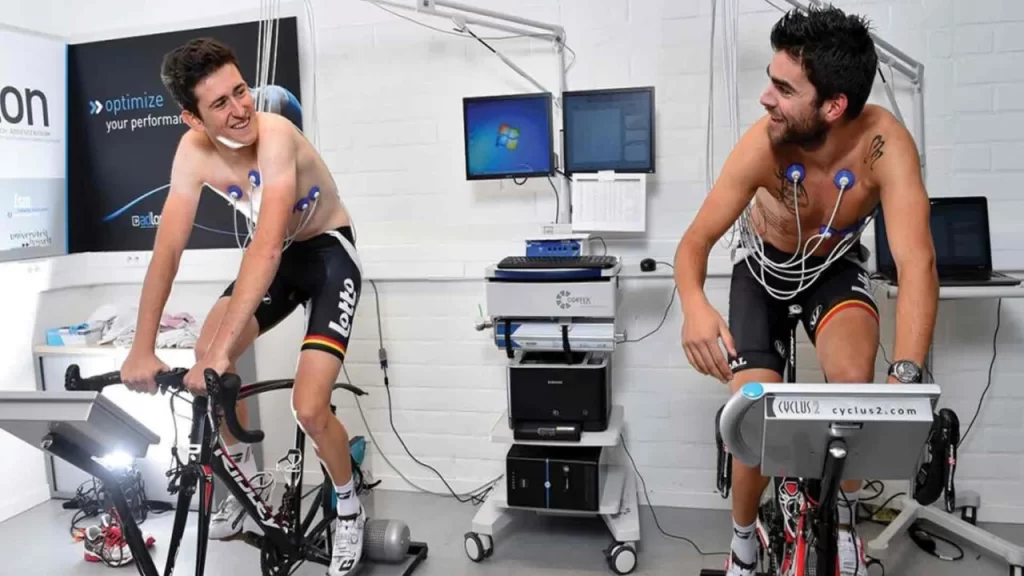
Conclusion: The Future of Neurofeedback in Sports
As neurofeedback continues to gain recognition for its ability to enhance mental performance, more athletes across various sports are integrating it into their training. From the football field to the Formula 1 track, neurofeedback is helping athletes push their mental and physical limits, unlocking new levels of performance. If you’re ready to explore how neurofeedback can improve your athletic performance, contact Peak Centers today to learn more about our specialized programs.
Ready unlock your peak potential? contact Peak Centers now to set up your consultation.
